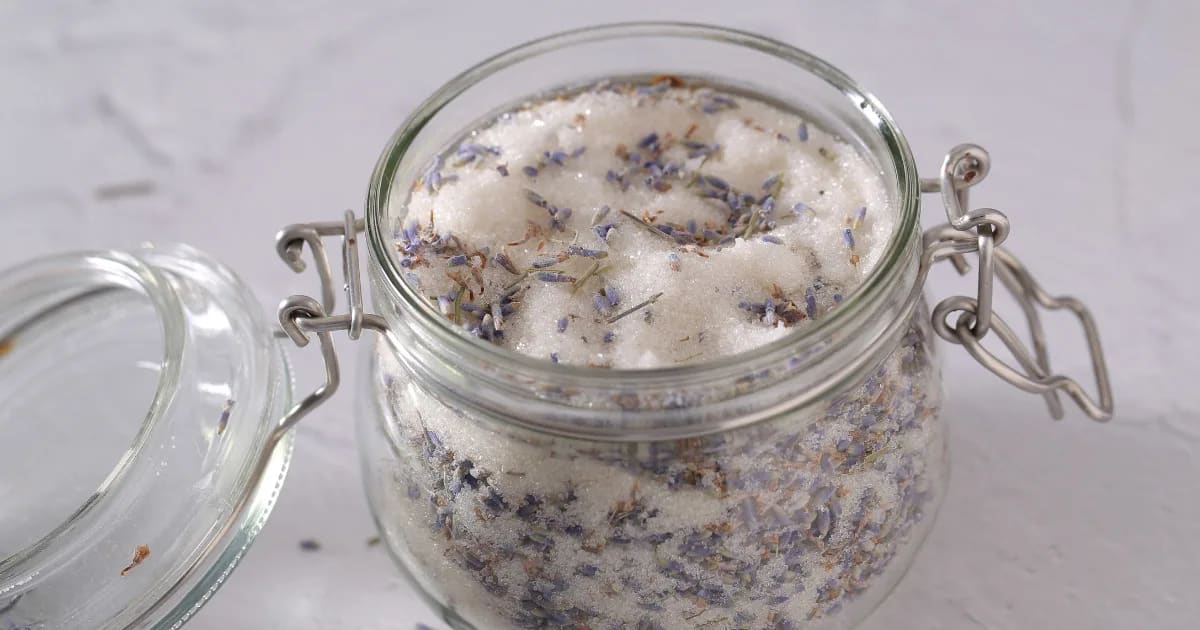Using Citrus Oils to Support Immunity

The Power of d-Limonene: An Immune System Ally
It's a fascinating exploration to dive deep into the power of citrus oils for supporting the immune system. The key ingredient behind this potency? D-limonene.
d-Limonene: A Major Component of Citrus Oils
Most citrus oils are rich in d-limonene, a compound that forms a significant portion of their composition, ranging from 60% to as high as 95% in certain varieties. Oils like Grapefruit, Orange, Clementine, and Tangerine are teeming with d-limonene, accounting for 80-95% of their content. Meanwhile, Lemon, Mandarin, and Tangelo oils contain 65-80% d-limonene.
The Science Behind d-Limonene
So, why should we pay attention to d-limonene? Well, the research is compelling, even if it primarily involves animal studies. While we can't simply extrapolate these results to humans, they do provide a fascinating insight into the potential benefits of d-limonene.
Research has shown that d-limonene can stimulate lymphocyte proliferation, increase total white blood cell count, boost the number and phagocytic activity of macrophages, and stimulate antibody production. In vitro studies also showed that natural killer cell activity was enhanced by d-limonene.
Two Daily Uses of Citrus Essential Oils
With such potential for immune system support, incorporating citrus essential oils into your daily life can be a smart move. Here are a couple of ways I use these potent oils:
Kitchen and Bathroom Disinfectant: This simple blend of Lemon, Orange, and Grapefruit essential oils can be used to clean surfaces in the kitchen and bathroom.
Solid Deodorant: A mix of beeswax, jojoba wax, and citrus essential oils like Orange and Grapefruit make a solid deodorant that's not only effective but also supports your health.
Kitchen and Bathroom Disinfectant
Clean all kitchen and bathroom surfaces
Ingredients:
20 drops Lemon essential oil (Citrus limon)
20 drops Orange essential oil (Citrus sinensis)
20 drops Grapefruit essential oil (Citrus paradisi)
Directions:
Blend essential oils in a 16 oz (480 ml) spray bottle filled with 14 oz (420 ml) of water and 2 oz (60 ml) of white vinegar.
Spray freely on kitchen and bathroom surfaces and wipe with a towel or sponge.
The product should be made fresh every few weeks for best results.
Solid Deodorant
Makes about four 1 oz (30 ml) deodorant tubes.
Ingredients:
1 oz (28 gm) Beeswax (Cera flava)
3 oz (90 ml) Jojoba Wax (Simmondsia chinensis)
20 drops Orange (Citrus sinensis)
20 drops Grapefruit (Citrus paradisi)
Tools:
Kitchen scale
Pyrex-style large measuring bowl
Medium stovetop pot
Glass stirring rod or spoon
Four 1 oz (30 ml) deodorant tubes
Directions:
Use the Stove Top Melting Method to liquefy and combine the base carriers. Place the Pyrex measuring cup in the soup pot, and fill the pot 1/4 of the way with water. Boil water, add beeswax and jojoba to Pyrex, and allow to melt.
After removing the melted wax from the heat, add the essential oils and stir.
Immediately pour the liquid into the deodorant tubes and cover.
Allow deodorant to solidify for at least five minutes before applying.
Alternate Essential Oils Blends for Different Aromas:
For a woodsy aroma: 10 drops Cypress essential oil (Cupressus sempervirens) and 10 drops distilled Lime essential oil (Citrus aurantifolia)
For a floral aroma: 10 drops Geranium essential oil (Pelargonium roseum x asperum) and 10 drops Orange essential oil (Citrus sinensis)
In conclusion: These are simple applications of citrus essential oils that can be easily incorporated into your routine. They're a testament to the versatility of these oils and the key compound, d-limonene.
So, as you see, citrus oils are not just delightfully fragrant - they pack a potent d-limonene punch that can be a wonderful ally for your immune system. Enjoy the potential benefits they bring to your life!
References:
Del Toro-Arreola S, Flores-Torales E, Torres-Lozano (2005) Effect of d-limonene on immune response in BALB/c mice with lymphoma. International Immunopharmacology 5:829-838
Hamada M, Uezu K, Matsushita J et al (2002) Distribution and immune responses resulting from oral administration of d-limonene in rats. Journal of Nutritional Science & Vitaminology (Tokyo) 48:155-160
Li Q, Nakadai A, Matsushima H (2006) Phytoncides (wood essential oils) induce human natural killer cell activity. Immunopharmacology & Immunotoxicology 28:319-333
Manuele MG, Ferraro G, Anesini C (2008) Effect of Tilia x viridis flower extract on the proliferation of a lymphoma cell line and on normal murine lymphocytes: contribution of monoterpenes, especially limonene. Phytotherapy Research 22:1520-1526
Raphael TJ, Kuttan G (2003) Immunomodulatory activity of naturally occurring monoterpenes carvone, limonene, and perillic acid. Immunopharmacology & Immunotoxicology 25:285-294





